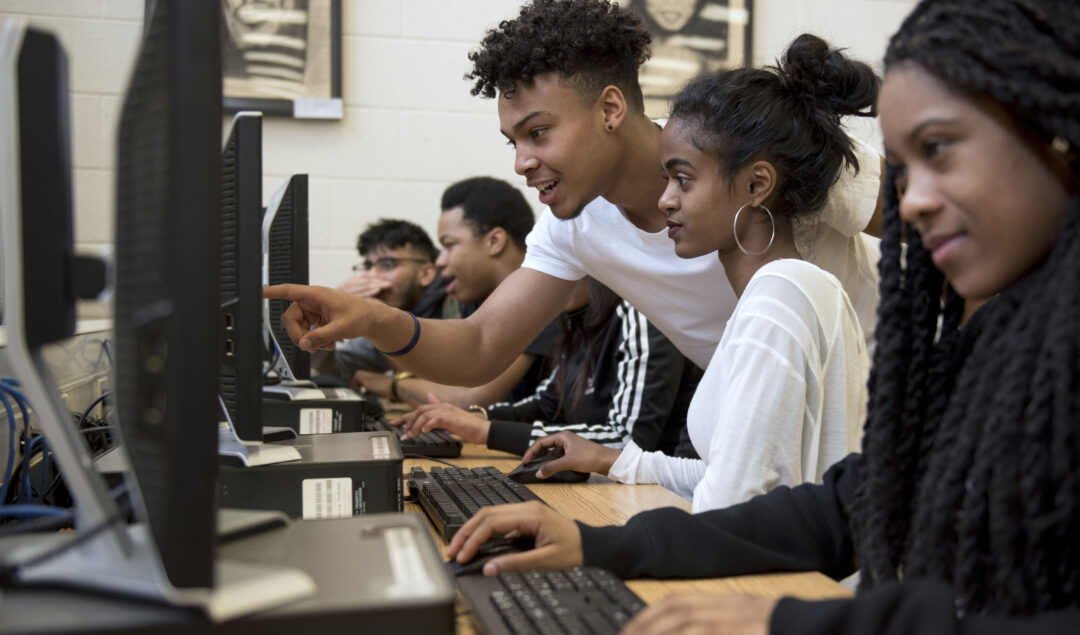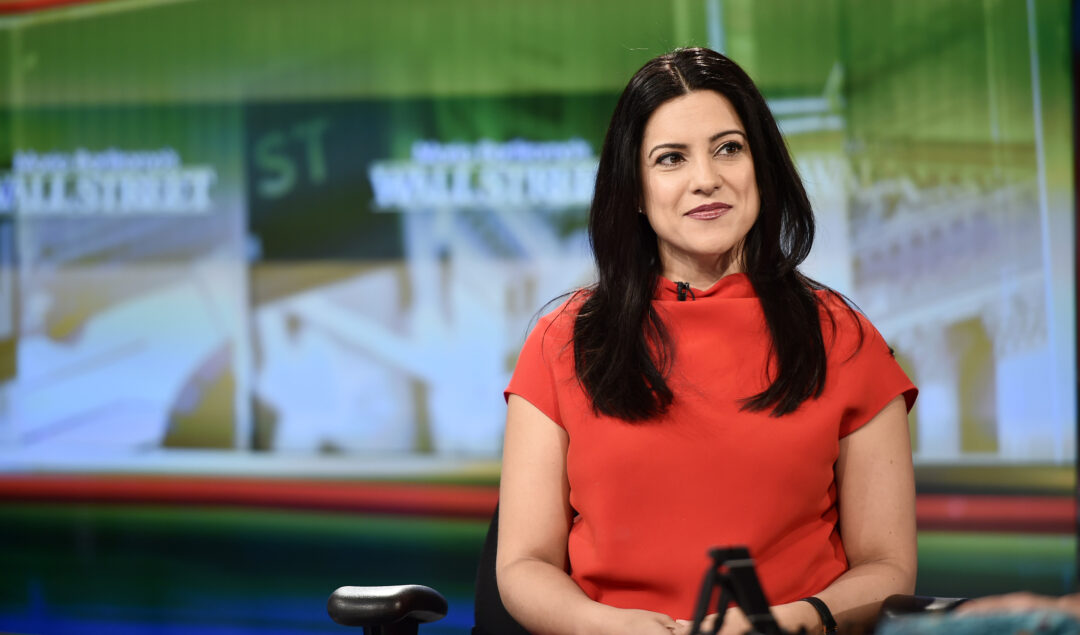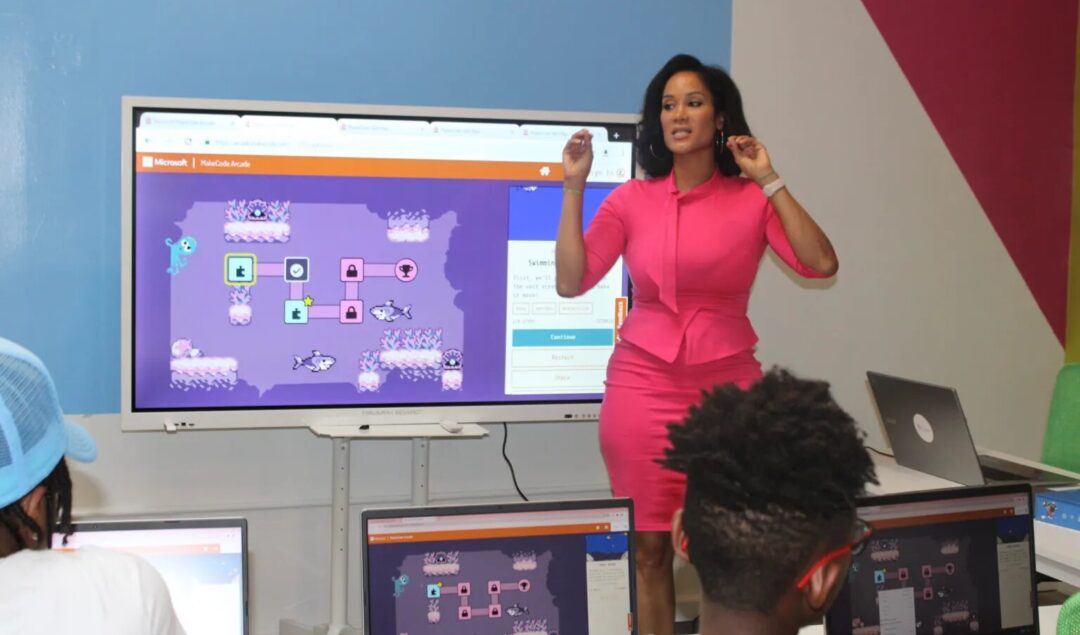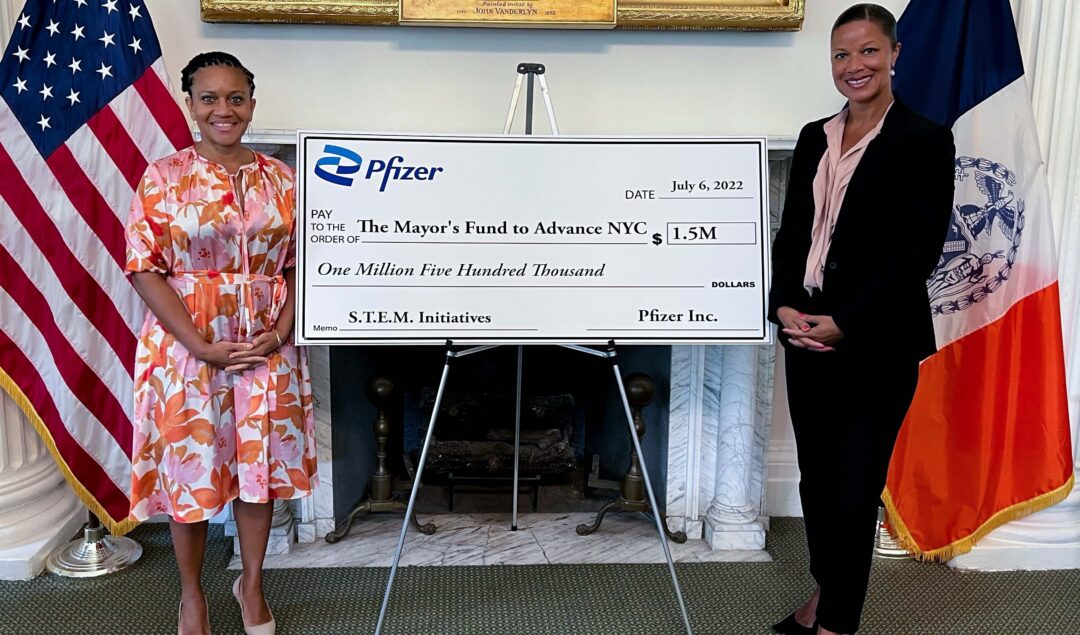There is a large digital divide affecting low-income and Black or Indigenous majority schools, a recent report by Internet Safety Labs (ISL) has found. Ads and trackers The report “Demographic Analysis of App Safety, Website Safety, and School Technology Behaviors in US K-12 Schools” explores technological disparities in American schools, focusing mainly on marginalized demographics. This research expands on ISL’s previous work on the safety of educational technology across the country and is supported by the Internet Society Foundation. It reveals how schools of different backgrounds use technology and the risks involved. One
Black-owned ed-tech company Nomadd Group has launched Project CASPER, an accelerated program implementing Science, Technology, Engineering and Mathematics (STEM) programs in underrepresented schools and communities. Nomadd Group Nomadd is a community development and STEM-accredited EdTech company that provides programs and services to uplift disinvested communities. Founded by Kevin Horton, Nomadd’s vision is to create economic mobility for communities that lack access to information, technology and resources. It focuses on re-skilling workers, developing the workforce, and promoting entrepreneurship while reforming the education system. They aim to help implement STEM programs to
A new state report has advised New York schools to be cautious when using facial recognition and other identifying technology. Some risks outlined in the report include biometric data breaches, mistaken identification through facial recognition flaws, and students being turned away from school because of technological errors. The report was based on a survey sent to every school administrator in the state and other interested parties. It was also open to the public, teachers, parents and students. The use of facial recognition in schools In January 2020, Lockport City School District
How educational companies like Teachers Pay Teachers and Pearson are using tech to help tackle racial inequalities in education. Historically, the tech world has often failed to fix the systemic racial inequalities faced by people of color. Because the tech sector has become a significant driver of economic advancement and social equity, advocacy groups have begun to inquire about its contribution to racial equity on a large scale. At the height of the pandemic, individuals and businesses heavily relied on the influence of technology to overcome the challenges presented by
“This is about controlling women, and it starts with controlling our girls and what info they have access to,” Saujani said in an interview with Insider. Founder of Girls Who Code, Reshma Saujani, has spoken up about her company’s books being banned from schools in Pennsylvania. The controversy, which has seen more than 400 books banned from schools as a part of a broader “literary censorship” program, has left many people wondering why Girls Who Code books have been prohibited. According to PEN America, all four of Girls Who Code’s books
WNBA star turned software engineer, Neisha Butler, recently announced the opening of her educational center, S.T.E.A.M. Champs in New York, dedicated to kickstarting Brooklyn kids’ learning development in coding, robotics, and app development. The educational center in Downton Brooklyn specializes in Science, Technology, Engineering, Arts, and Mathematics (STEAM). The establishment aims to nurture future industry leaders by giving them a head start in reading data and developing solutions to complex problems, all necessary skills needed to help kickstart their future careers. “We’re excited to bring quality STEM curriculum to the Brooklyn and
Black-owned investment firm Fearless Fund partnered with Louisiana-based foundation ProSeed to renovate and rebuild schools in Ivory Coast, West Africa. The partnership aims to transform the educational system in West Africa, giving students the tools needed to succeed in science, technology, engineering, and mathematics (STEM). Fearless Fund, co-founded in 2018 by serial entrepreneur and angel investor Arian Simone, and American actress Keshia Knight Pulliam, works to invest in women of color-led businesses seeking pre-seed and seed level investment funding. The VC firm, built by women of color for women of
On July 11, New York’s mayor, Eric Adams, announced that the city will be boosting its STEM programs with the help of a $1.5 million grant from Pfizer, a biopharmaceutical company known for developing a COVID-19 vaccine. Pfizer’s donation to the Mayor’s Fund to Advance New York City will specifically support students in two STEM-related initiatives, Exploring Futures and College Now for Careers. The programs help support the city’s science, technology, engineering, and math (STEM) educational programs. The extra funding will also go towards building a career pathway for students to help them break into the industry. “Thanks











